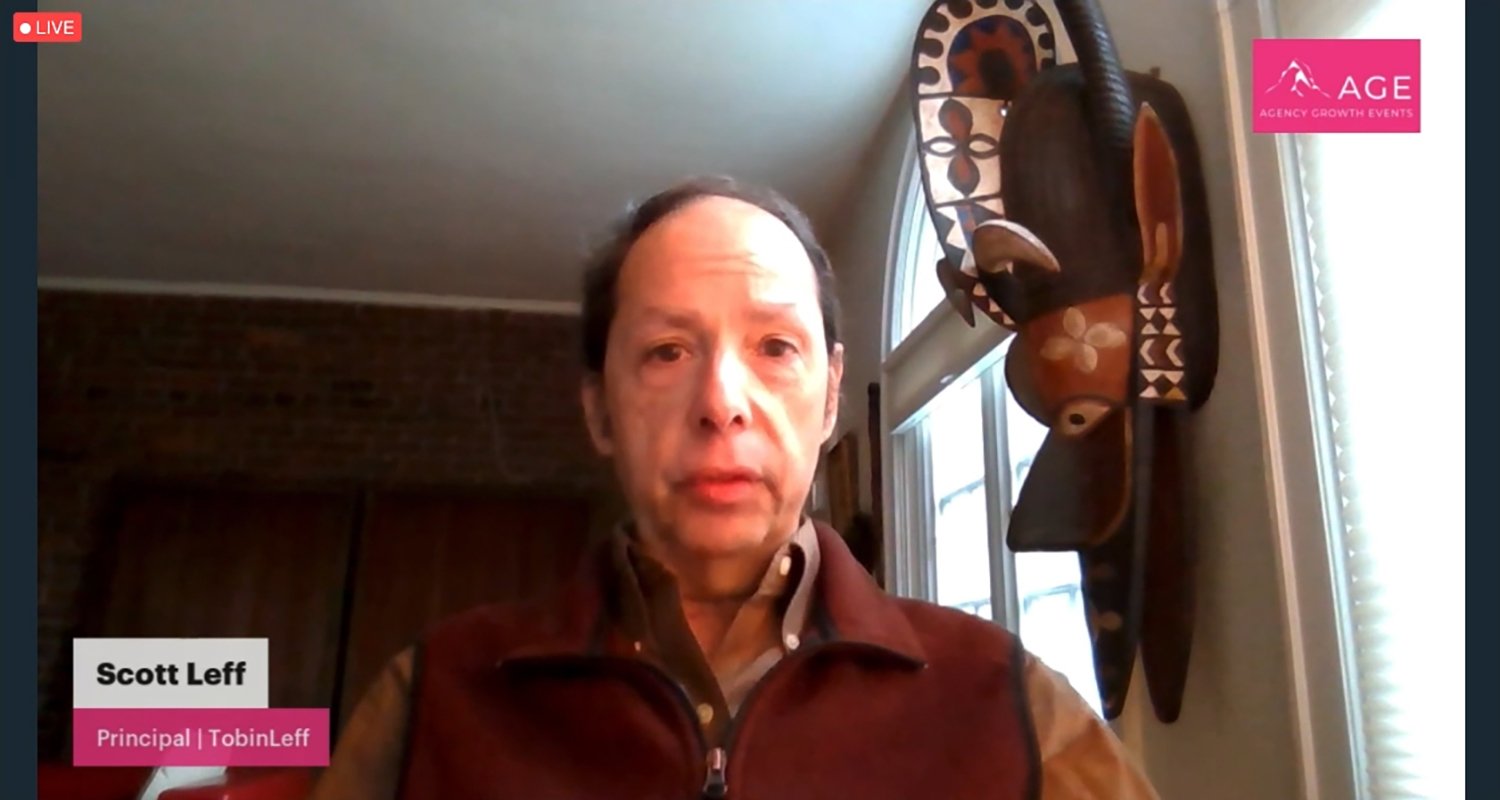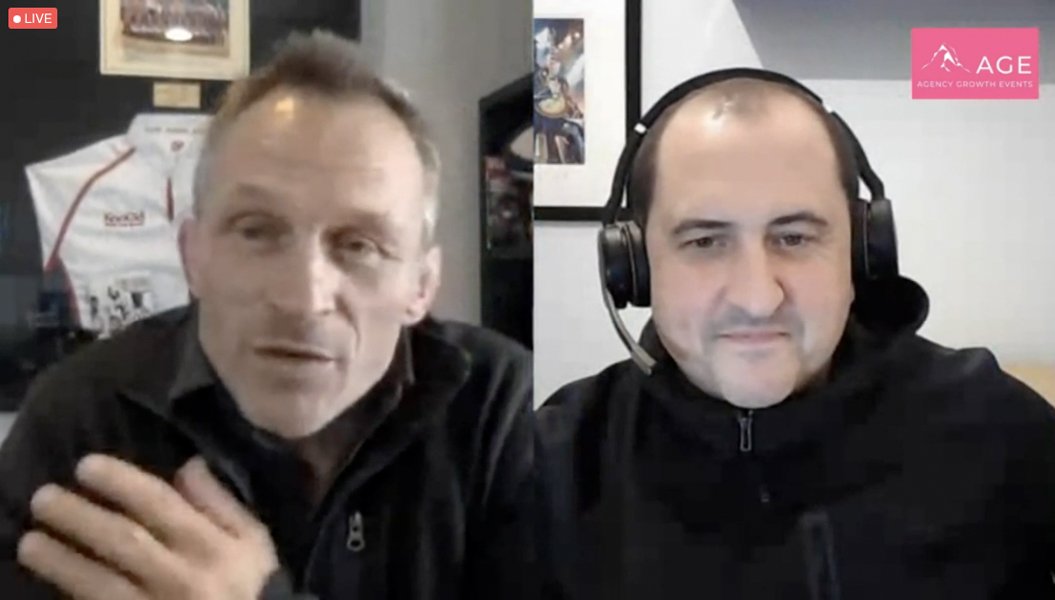S1-E16: The Future of Events, Matt Coyne, Robyn Duda, Tim Groot, Baris Onay
Livestreamed at one of the most focussed Marketing conferences of 2021, The Brands SUMMIT by AGE, the video recording of this 30 min panel will give you an insiders’ look into the world of events.
Covid-19 Pandemic has reset the world of live events. Many organisers have had to re-invent their business models where Brands had to re-evaluate why they attend events at the first place. We’ve put together a panel with Matt Coyne, Founder of Twigged, Robyn Duda, Founder of RDC, Tim Groot, founder of Grip and Dr. Barış Onay founder of Precision Communities. The panel discusses how the world of events have changed and what Brands should be doing to navigate these new waters.
The key topics covered in this thirty-minute video are:
The future of virtual events, what they’re good at and what they’re not.
The importance of video content and a searchable video library to increase the value of event sessions for everyone
UX design and its importance in events
Sustainability in the world of events as environmental, social, and economical
Time to market, a key value proposition for virtual events
The new talent pool required to deliver virtual at scale
Future of events industry post covid (whenever post covid might be) is the question on everyone’s agenda. Will we arrive to that future in 2021 or 2022 is somewhat less important than what that future will look like.
Events industry is an integral part of the B2B marketing and sales operations of any business-to-business trading firm. Event marketing puts businesses directly in front of their customers and fast tracks pipeline building like no other medium.
Events deliver on four main pillars:
Content
Product search
Networking
Experience
Live, or with the new terminology, in real life (IRL) events are great at delivering all of the above, but at a cost of time and travel. Virtual events however can deliver great content at virtually zero cost of attendance and travel but are somewhat limited at delivering product search, networking, and overall experience.
The future of events in 2022 and beyond is expected to be a blend of the two, which points to hybrid as a strategy for most brands out there.
Tim Groot, CEO and Founder of Grip, the virtual events platform used at Agency Growth Events, believes in the importance of a video library for leveraging value for visitors and extending the shelf-life of event content. Add to that the proposition by Dr. Barış Onay, Co-Founder and CEO of Precision Communities, that the ethos of online is on demand rather than live, There’s a formula for a new kind of media business. This would create an opportunity for communities to engage with show content at their own pace and maximise the shareability for everyone’s benefit. Ergo, a future model would be the main event being a live stream, whilst the bulk of the interaction happening in the long tail. This would open up new challenges and opportunities for Eventtech and any Digital marketing agency looking at creating traction for their customers.
Tim also believes in a four staged Engagement model: Awareness > lead > meet > maintenance of relationship. Where Top of funnel is great for virtual, but as we go towards bottom of funnel IRL is much better, therefore a one brand multi event types strategy is paramount.
This proposition requires a new level of thinking in event design, particularly from these three perspectives:
Content Relevance
UX design
Sustainability
Let’s have a look one-by-one:
Content Relevance perhaps is the most important of all, as before UX and Sustainability might become issues, the audiences need to buy-into attending events first. This is easier said than done in the world of virtual events where the decision to attend is a rather easily broken promise. Robyn states organisers more than ever need to define What’s the problem they’re trying to solve for the community and is the medium adequate? Or more importantly How do we make the medium work for the end goal? (Not the other way around) as we now know “build it and they’ll come” doesn’t work anymore.
UX design, as championed by Robyn Duda, Founder of RDC, is a key aspect of converting aware potential customers into paying ones. Event organisers are not known for their slick customer interfaces, and this creates a wedge between the world of events and other online experiences.
Matt Coyne, Co-Founder of Twigged, is working on this very topic. Their registration solution caters for the multi-event goer audiences, streamlining event registration into one singular point in time. Matt states that the organisers that make it easy for the audience will win and the technology around this is new and immature at the moment.
Sustainability is another key topic for event organisers who’d like to attract a younger professional audience, as 90% of millennials would be willing to pay more for a product that’s in line with their views. This works in three tracks:
Environmental Sustainability
Social Sustainability (DEI)
Economic Sustainability
Another key topic highlighted towards the end of the panel is the unparalleled speed to market virtual events give to organisers and brands alike. The usual event planning with publishing an agenda 6 months ahead of time and organising for all logistics might not be a good fit for the world of quick decision making. Therefore, the panel thinks an in real life event must focus on what cannot be done anywhere or anyway else than an in real life event. It is now a given that content delivery is best suited online, consequently in real life events should be focussed on products, networking, and experience.
The last issue the panel discusses is the talent pool required to deliver this new brave new future of events. Different providers might deliver different types of modes of events better than others which might create an organisational change where Organisers become integrators rather than doers for their event brands. This new world would require newer skills at top positions as these are generally taken by finance and sales backgrounds at the moment.















